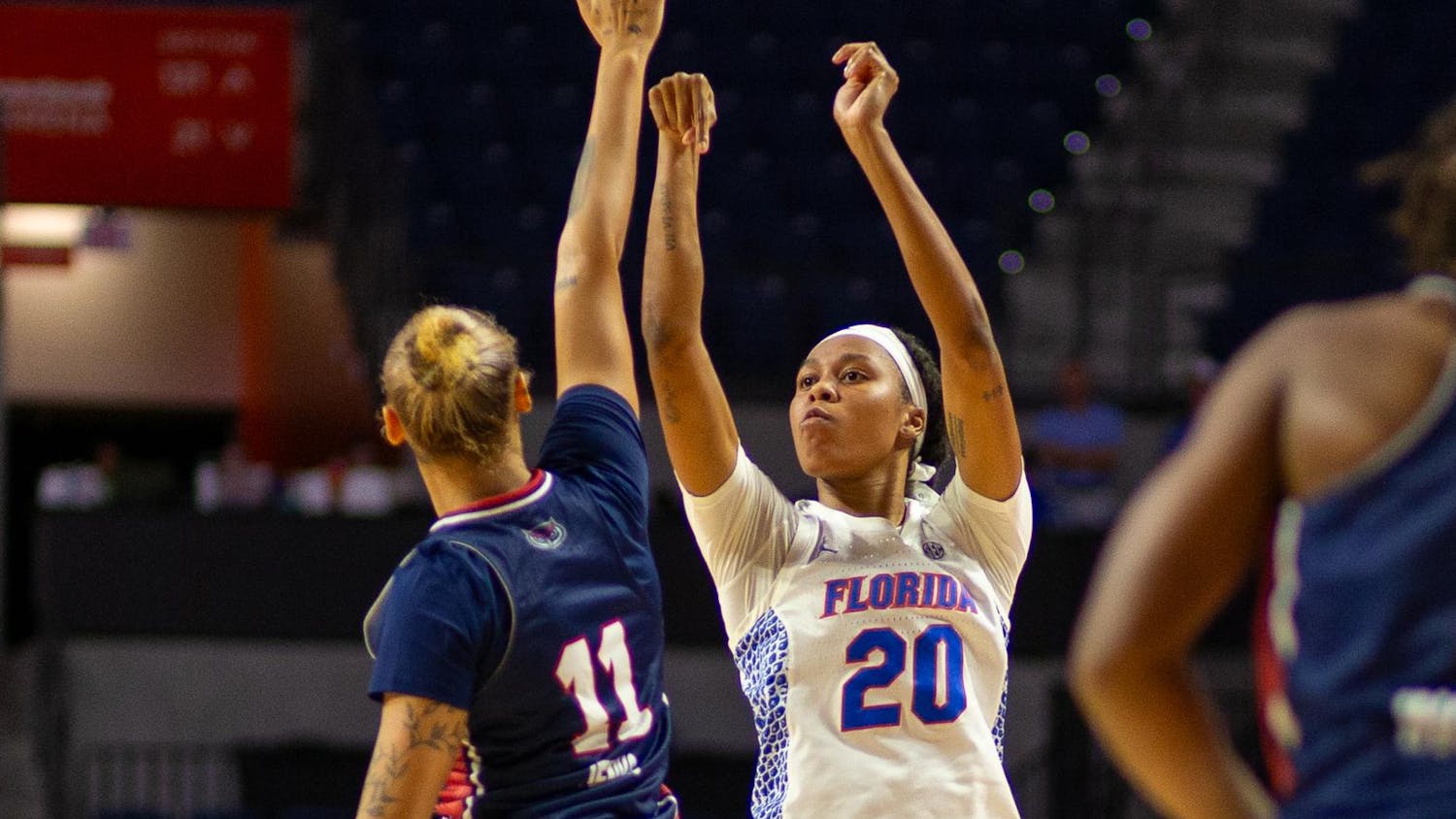Everyone, regardless of age, race or position, is searching for meaning in his or her life.
In the hustle of daily living, it’s easy to forget what people are really reaching for. The university is helping students discover what creates the foundation for a good life.
There’s an extra three-credit course in freshman schedules this year that many may not have planned to take. What is the Good Life? is an introductory humanities course that serves to unite freshmen and create a common experience for the class of 2016.
Although the complaints about the class are a mile long due to the extensive workload and out-of-class requirements, it opens many students’ minds to a new world they may otherwise have not discovered. Knowledge is the greatest tool that graduates can possess, and with more opportunities to learn new things, students will have an edge on their competition.
The class makes students think in a nontraditional way. It asks philosophical questions that do not have a specific answer. For many freshmen math and science-oriented majors, this is not the way their brains work. Ancient readings are tied into modern excerpts through themes that equate to a good life.
With the assigned readings and lectures opened up to multiple interpretations, there’s room for discussion. Students in the class are asked to think analytically about the course material and to use their personal experience to relate to it.
Semester schedules are already full, and What is the Good Life? requires some extra effort. Because they had what it took to become Gators, students should already be accustomed to challenging themselves inside the classroom. For many, working this class into critical tracking may take some schedule readjustment.
A mandatory course that draws students of all majors together is a fantastic idea. Ultimately, it serves as not only an educational experience but also a common bond. Once students are in upper-level courses within their majors, all of their classes will be specific, and they will not have classes with students outside their fields of study. What is the Good Life? opens the doors among UF’s 16 colleges.
Beyond the insight that the class provides, it fulfills a humanities general education requirement. Although general education classes are usually chosen at the student’s discretion, the university made it an easy choice this year for freshmen. Of the minimum 12 hours a full-time student needs, it fulfills three credits, which keeps students on a straight path toward graduating on time. It also is not meant to be a challenging class; a high grade is very feasible, which provides a nice GPA bump.
Graduate schools emphasize the need for well-rounded applicants. Being a math or science wiz is no longer a guarantee for admittance into top-level programs. Additional backgrounds in humanities classes are an extra boost on any application, proving that students know how to use both sides of their brains.
Although this class is a revolutionary idea, the university may not make students take it in the future. With such a large amount of students, it may not be possible for everyone to take it. People will fall through the cracks, or there may not be enough seats in classrooms to accommodate everyone. Also, it interferes with some of the more demanding majors’ critical tracking requirements. If the university offered it during Summer term, it may be more appealing.
The college experience involves trying new things and experimenting with new ideas. What is the Good Life? offers freshmen the opportunity to experience many cultures, meet people from across the university and tie history to the present.
Abby Wolz is a health science freshman at UF. Her column appears on Thursdays. You can contact him via opinions@alligator.org.





